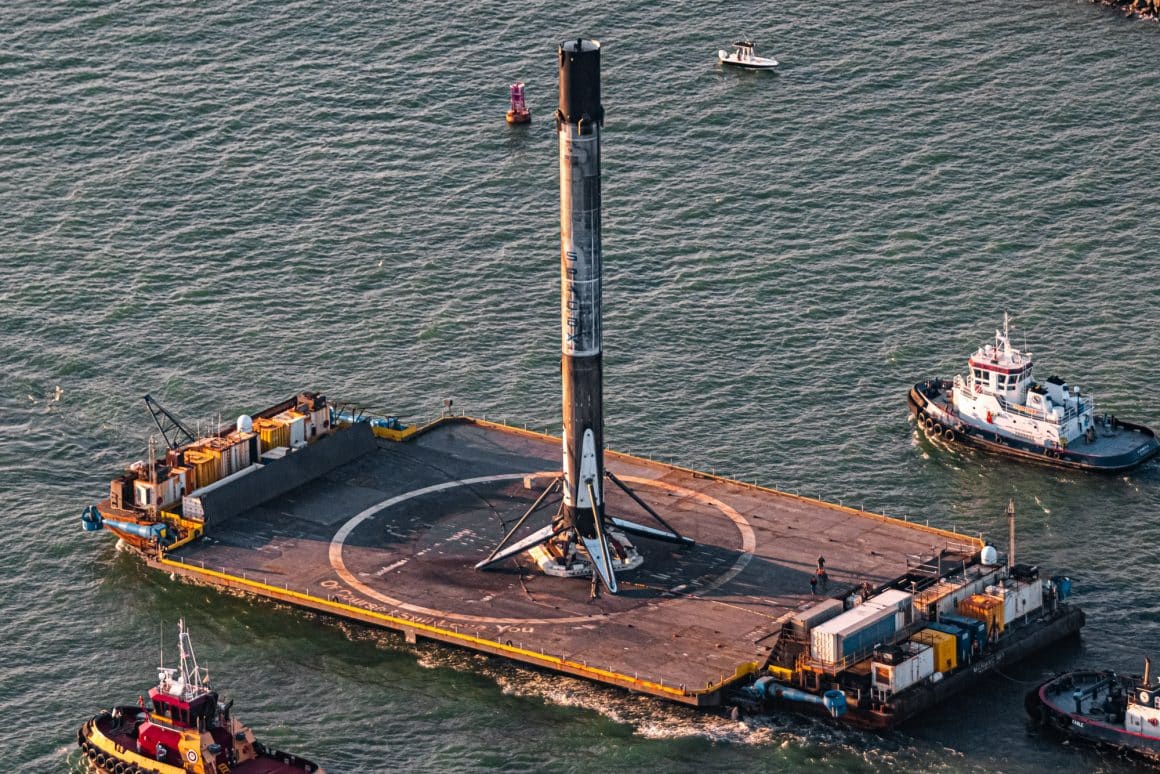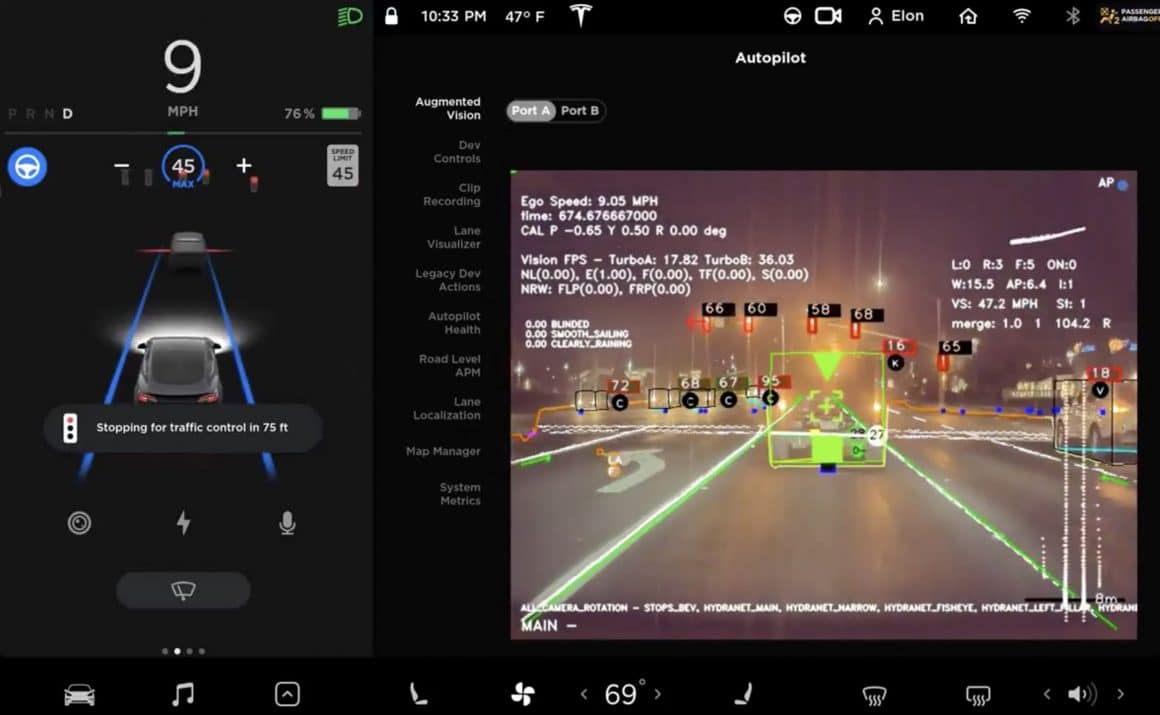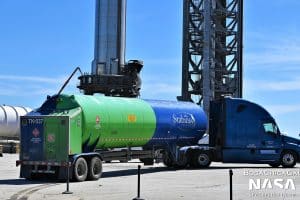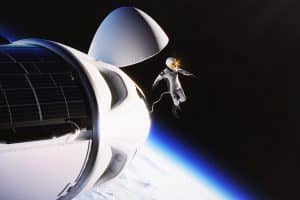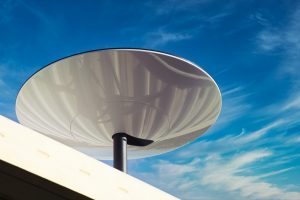SpaceX successfully landed a Falcon 9 rocket first stage on a boat five years ago.
We weren’t expecting to see a skinny black-and-white rocket fall out of the sky and land on a tiny drone ship against the azure backdrop of the Atlantic Ocean. As whitecaps smashed into the side of the ships, it seemed as though a door into the future had opened. Landing a Falcon 9 first stage at sea was a critical step toward lowering the cost of sending people and payloads into space and paving the way for a bright space future.
Following nearly a dozen unsuccessful landing attempts, SpaceX soon had a hangar full of used rockets. Some SpaceX engineers were caught off guard by this. “It even surprised us that we suddenly had ten first stages or something like that,” Hans Koenigsmann, one of SpaceX’s earliest hires, said a few years afterward. “And we were like, well, we didn’t really account for that.”
Of course, SpaceX had successfully returned a Falcon 9 first stage to its “landing zone” along the Florida coast, near its launch site, just a few months prior to this boat landing. This was a tremendous accomplishment. Landing on a drone ship, on the other hand, is even more complicated. Just the rocket moves while landing on the beach. Both the rocket and the drone ship are moving as they touch down at sea, and there are sea conditions and other factors to consider.
However, the economics almost force a landing downrange of a launch site. This is because, as it prepares to release its second stage on an orbital trajectory, a rocket gradually leans from a vertical to a horizontal orientation during a launch. At this stage, tons of propellant is needed to stop the horizontal velocity and return to the launch site. Following a parabolic arc and landing hundreds of kilometers from the launch site saves a lot of fuel.
This is supported by performance data. A Falcon 9 rocket landing on a drone ship will carry 5.5 tons to geostationary transfer orbit, versus 3.5 tons for a rocket landing back at the launch site. If SpaceX hadn’t found out how to land the Falcon 9 first stage on a drone ship, the rocket’s lift capacity would have been reduced by around 40%, a significant penalty that would have negated the advantage of reusing rockets.
For this reason, Jeff Bezos’ Blue Origin patented the idea of landing a rocket on a barge nearly a decade ago. As a result, SpaceX was forced to go to court, where its patent challenge was ultimately successful. However, there is a significant difference between learning something and actually doing it. Blue Origin has yet to launch, let alone land, an orbital rocket since obtaining its patent. Bezos has retrofitted a platform ship and given it the name Jacklyn, but it is unlikely to catch a rocket before 2023 at the earliest.
SpaceX, on the other hand, has safely returned 56 more Falcon 9 rockets at sea after its first successful landing on the drone ship, Of Course I Always Love You. Landings on the ocean have proved to be very useful. Every one of SpaceX’s ten orbital rocket launches in 2021 relied on a previously flown first stage. Some astronauts returned to space less than four weeks after their previous mission. SpaceX started a revolution in launch by landing the first Falcon 9 rocket at sea. Reusing rockets is no longer considered a novelty; it’s now considered a necessary part of the market.
“I’m really surprised when I see new launch vehicles in development now that aren’t reusable,” said Peter Beck, the founder of Rocket Lab.
With its Falcon 1 rocket, SpaceX almost died as a fledgling company several times in the 2000s. SpaceX improved the Falcon 9 in the 2010s, first landing contracts for NASA launches and commercial satellites. As a result of these flights, SpaceX engineers were able to experiment with recovering and refurbishing used rockets. They can now fly first stages quickly and at much lower costs as a result of this.
The dramatic landing of that first stage also set off a personal journey for me. I knew SpaceX was more than just a fascinating company doing great things in space. It was, rather, the game-changing space company of our lifetime.
